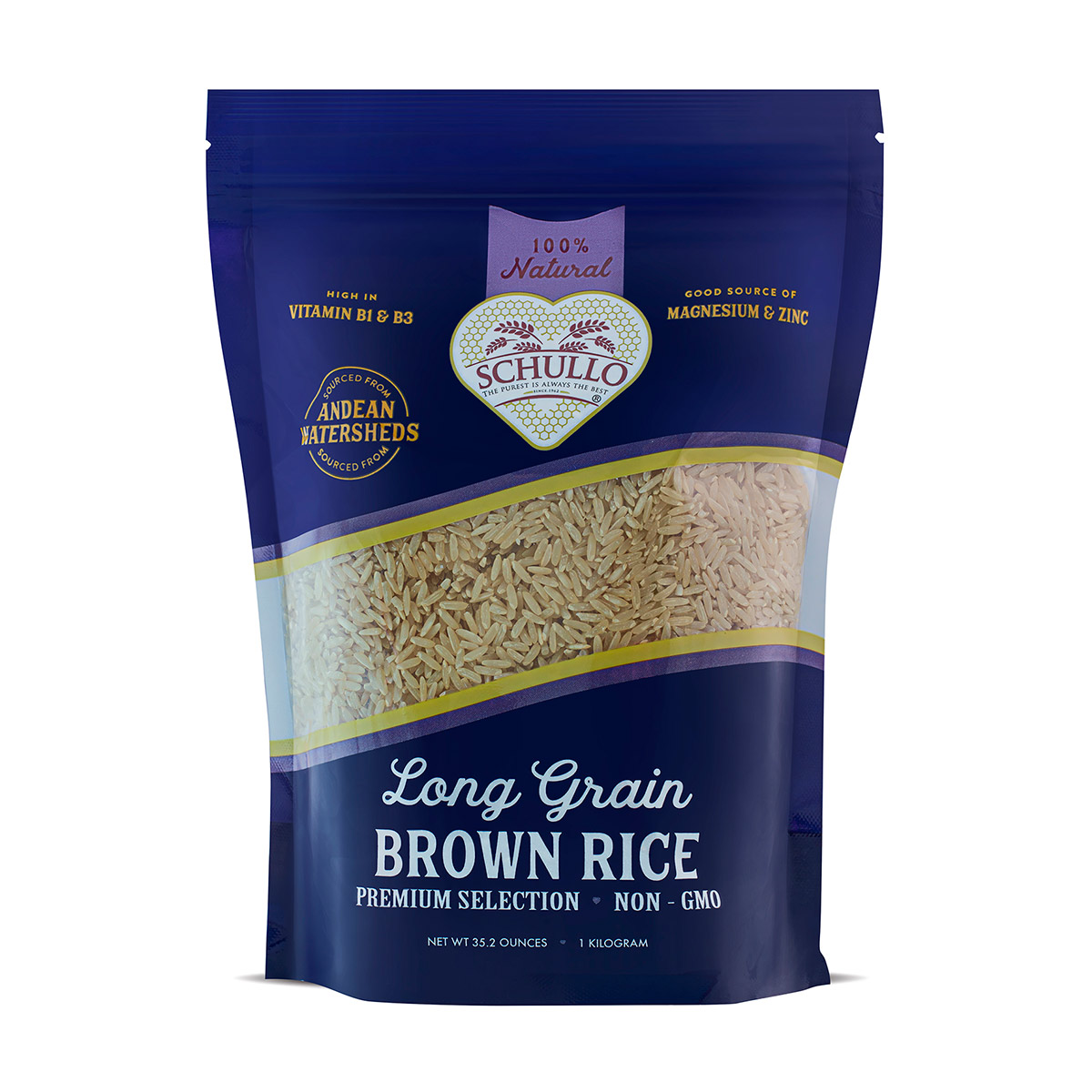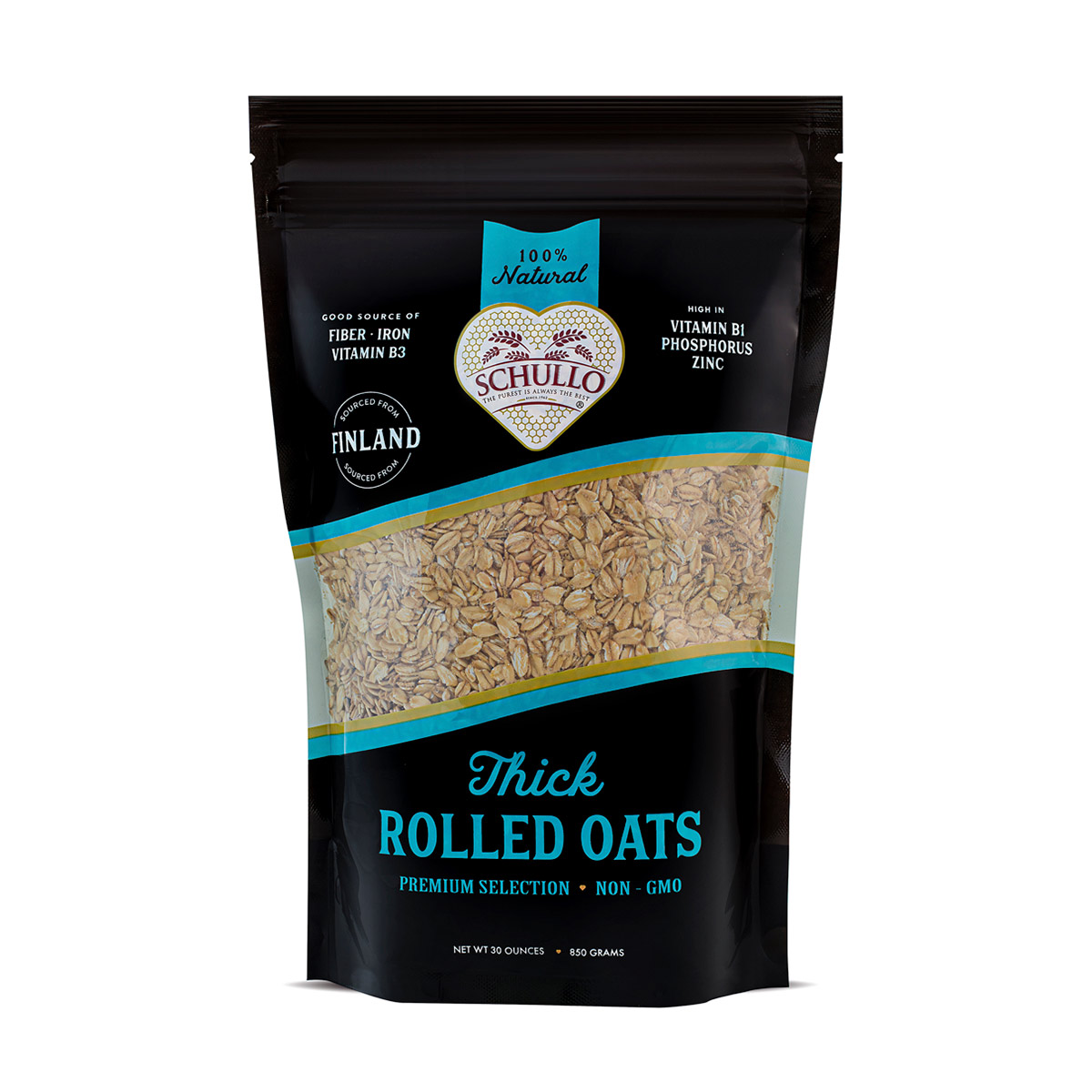What is the Glycemic Index?
The glycemic index is an indication of how certain foods affect the blood sugar and insulin levels. For example, white bread is high on the Glycemic index (60-75 depending on brand and portion size) because it raises blood sugar levels much faster than steel cut oats (55) and leaves you feeling less full than the oatmeal would.
Carbohydrates with a lower Glycemic Index number take longer to digest, help you feel fuller for longer and don’t raise the sugar levels in your blood so quickly. Think of these carbohydrates as a slow-release energy source as opposed to a carbohydrate that is high in sugar such as cake or a donut that gives you a fast but short-lived energy release.
Carbohydrates are one of the most important sources of energy for our bodies and are mainly found in plants (fruits, vegetables, grains & legumes) or in foods made from plant sources. Carbohydrates basically come in two main forms, Starches (such as potatoes, cereals, bread, and pasta) and sugars such as table sugar (sucrose), milk sugar (lactose), and fruit sugar (fructose).
Digestion processes the carbohydrates into millions of glucose molecules that are released into the bloodstream. This in turn provides the fuel to power our brain, muscles, heart and other major organs.
Some examples;
Low GI Foods (55 or less)
- 100% stone-ground whole wheat or pumpernickel bread
- Steel Cut oats, oat bran, wheat bran, peanut butter no sugar
- Agave Nectar, Pasta, Brown rice, barley, bulgur, quinoa
- cannellini/white beans, peas, legumes and lentils
Medium GI (56-69)
- Muesli, whole wheat flour, rye and pita bread
- Quick oats, thick Rolled oats, honey, maple syrup
- Wild or basmati rice, couscous.
High GI (70 or more)
- White bread or bagel
- Corn flakes, puffed rice, bran flakes
- Short grain white rice, rice pasta, macaroni and cheese from mix
- Russet potato, pumpkin
- Pretzels, rice cakes, popcorn, saltine crackers
- melons and pineapple
According to the International Glycemic Index database.
Sources;
Harvard Medical School Health Publications USA
Glycemic Index Foundation, Sydney University, Australia
Look up food values
http://www.glycemicindex.com/foodSearch.php
American Diabetes Association








